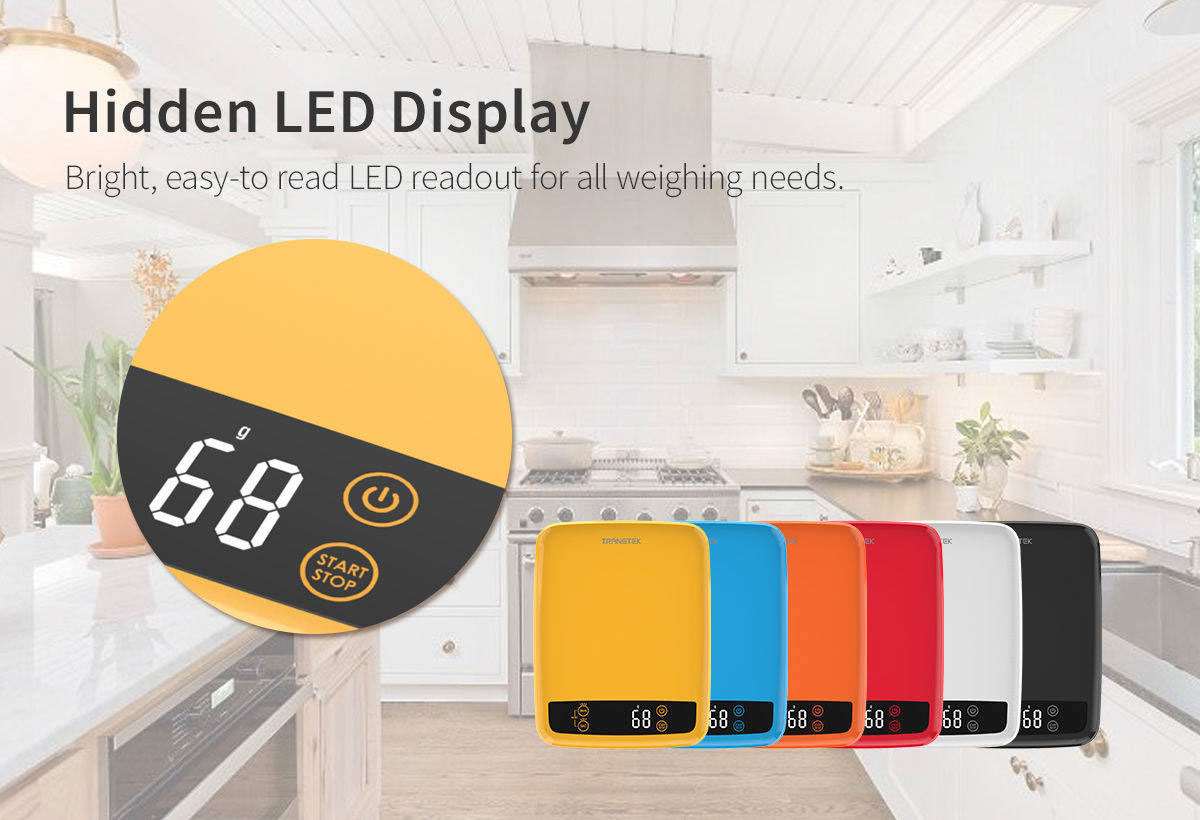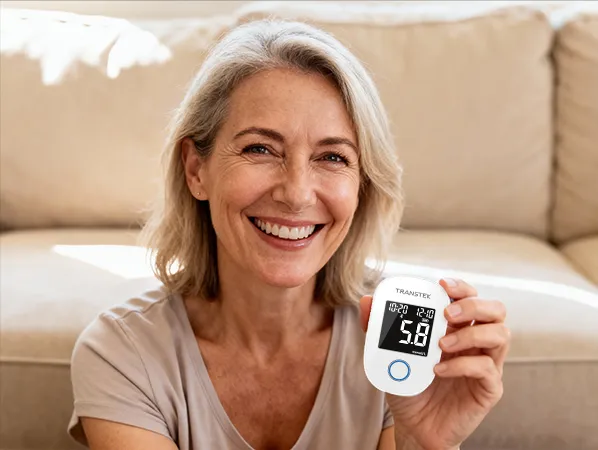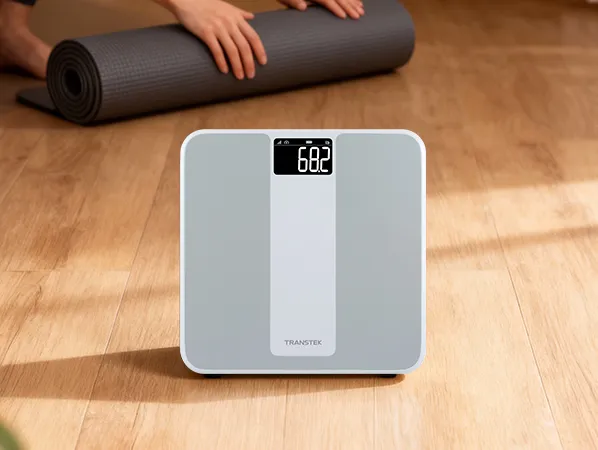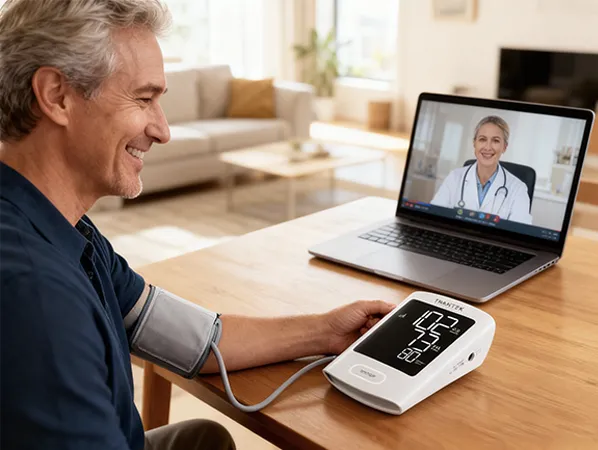
With the advancement of technology and people's love for cooking, kitchen digital weighing scale has become indispensable small appliances in many friends' kitchen. A small kitchen scale can help users accurately measure food's weight, allowing users to know clearly how much food they have cooked and how much condiments they put in the process. It can be said that kitchen scales are a must-have for many cooking enthusiasts, so how should we choose a suitable kitchen digital weighing scale?
Material
The materials of the kitchen digital weighing scale are roughly the outer and inner materials. First of all, for the outer shell, kitchen scales of different prices and brands will use primary and secondary materials. In general, kitchen scales with a rough surface that feels rough and grainy are made of secondary materials. The price is generally lower than electronic scales made of primary materials.
Precision
For smaller-scale kitchen scales, accuracy is the most important consideration when choosing. Generally speaking, the accuracy of a kitchen scale is one-fifth of its measurement. If the accuracy is 0.1 grams, it is said to be 0.5 grams, and the error range is within plus or minus 0.3 grams.

Unit of measurement
Compared with a true intelligent electronic scale, although a kitchen digital weighing scale can be the best inaccuracy, it may not outperform everything else. Today's kitchen scales on the market have a single unit of measurement, either metric (gram, kilogram) or imperial (ounce, pound), and the habits of each user are different. So, in this case, everyone must pay attention to the measurement unit when buying electronic scales. If you are used to measuring in grams, but you buy an English kitchen scale, it will be very troublesome to convert!
+86-0760-85707780







